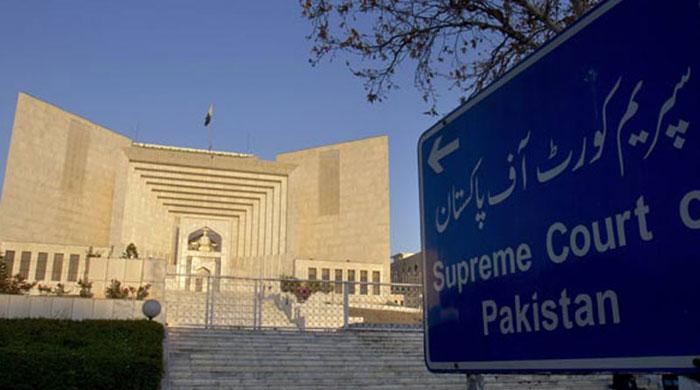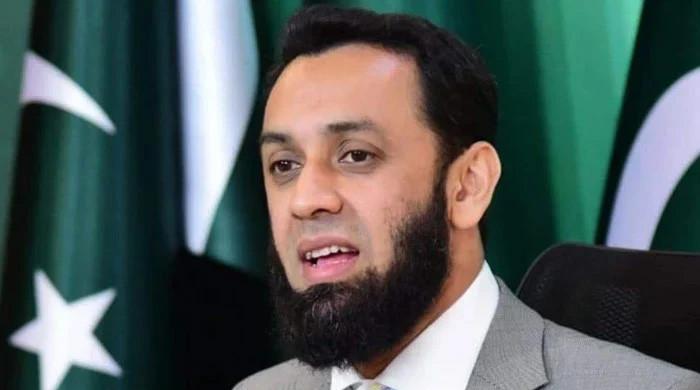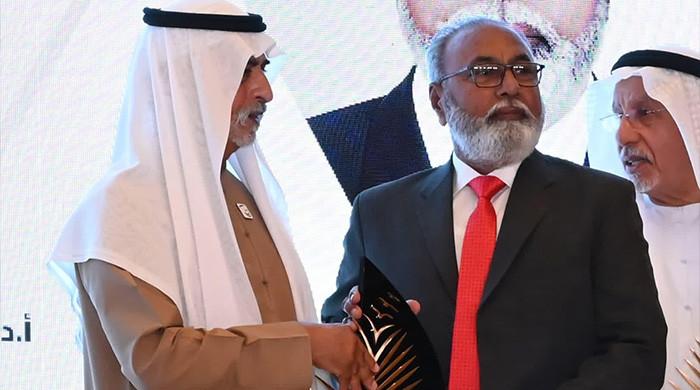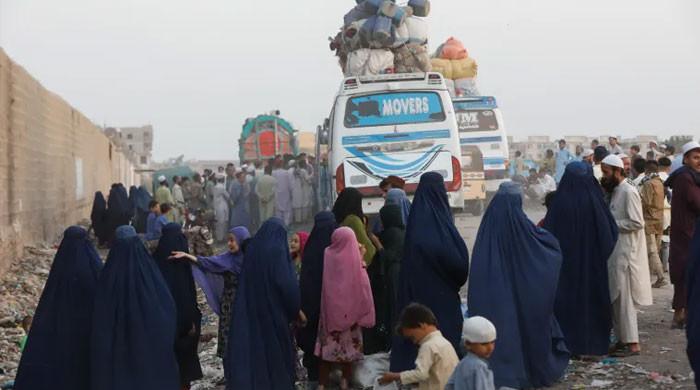Rs84 bn written-off loans probed by 2011 Supreme Court commission
ISLAMABAD: While uncovering those who have had loans written off is one of the ToRs of the inquiry commission on the Panama Leaks, another commission formed by the Supreme Court has already...
April 24, 2016

ISLAMABAD: While uncovering those who have had loans written off is one of the ToRs of the inquiry commission on the Panama Leaks, another commission formed by the Supreme Court has already pointed out over 700 cases that had written off Rs84 billion from banks from 1971 to 2009.
On a letter of MQM chief Altaf Hussain in 2011, the Supreme Court took cognizance of the issue and constituted a commission under Justice (retd) Syed Jamshed Ali to probe the matter of loan write-offs and the commission had submitted its comprehensive report in the SC which is readily available, and action can be taken on it as the entire investigation has already been done.
Reportedly, the State Bank of Pakistan (SBP) had informed the Supreme Court in 2011 that Rs256 billion were waived between 1971 and 2011, but the Justice (retd) Syed Jamshed Ali Commission report said that Rs87 billion were written off in 38 years. The commission’s report said that loans worth Rs2.38 billon were waived off between 1971 and 1991 whereas loans worth Rs84.62 billion were waived between 1992 and 2009.
On 3rd June 2011, a three-member commission headed by Justice (retd) Syed Jamshed Ali, a former judge of the SC, was constituted in respect of recovery of written-off loans from 1971 onwards and to compile a report. The report not only recommended action against those who got their loans written off but also against the bankers and officials who helped in getting the loans waived.
The commission could only probe 740 different cases, but proposed that another 222 cases should also be probed as Rs35 billion had been waived off in these cases. Though the report found grave irregularities in loans given to politicians, the civil and military bureaucracy, it could not get proof about waivers on a political basis, as bank officials concealed the facts because they were afraid of influential persons. The bankers have given only business reasons for writing off the loans.
“The commission had received 672 loan files for the period 1992-2009. The commission examined 620 files. Out of the remaining 52 files, 49 cases had been taken over by the Corporate and Industrial Restructuring Corporation under Ordinance No. L of 2000 and one duplicate file was taken away by the concerned bank. One file contained the evaluation report of the properties subject matter of settlement of Younis Habib and NAB.
The commission has given four options, according to which only the principle amount should be recovered from the person who had got their loans written off, or the difference in amount of the principal amount and the amount they had submitted. The tribunals comprising the on duty or retired judges of the high courts should be set up for the recovery of the amounts. The commission also proposed legislation for the recovery of written off loans. The commission also recommended that action should be taken against the provincial credit committee. However, it gave the final authority to the Supreme Court for the recovery of loans.
The commission has given some options about the recovery of waived loans but says the ultimate decision in this regard will be taken by the Supreme Court. The commission had to hold bankers responsible for extending short-term or long-term loan facility to borrowers on inadequate securities and to recommend steps to be taken against them. It had to suggest measures to safeguard the amount of loans against arbitrary concessions extended in the past either on political or other considerations.
Reportedly, the Justice (retd) Jamshed Commission has recommended that action should be taken against former prime minister Yusuf Raza Gilani and his wife Fozia Gilani, Mian Tahir Jahangir, Riaz Laljee, Ghulam Dastagir Khan, Islamuddin Sheikh, Younas Habib, Jam Muhammad, Arif Habib, Ramesh Kumar, Chaitan Das, Khawaja Ghulam Ahmed Rashi, Abdul Ghufar Adamjee, Zafar Sheikh, Farooq Sheikh, Rana Tanvir Hussain, Jam Muhammad Yousaf, Sardar Muhammad Jafar Khan Leghari, Umer Leghari, Yousaf Khan Leghari, Waqar Azeem, Sajjad Azeem, Shaukat Azeem, Abdul Qadir Tawakal, Mirza Iftikhar Baig, Arif Ali Khan Abbasi, Major General Farhat Ali Burki, Khawaja Muhammad Mehboob, Khawaja Ghulam Sulemani and others.—Originally published in The News











